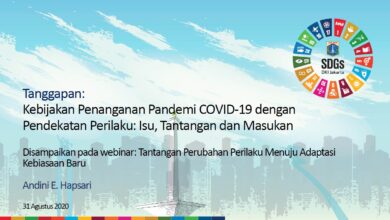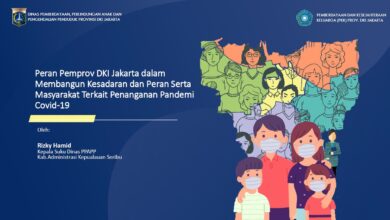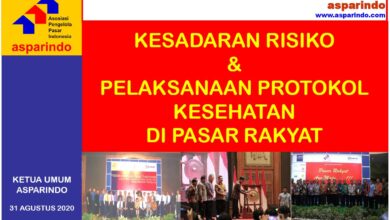
The inclusion of packaged drinking water (PDW) as a potentially improved source of safe drinking water under Goal 6.1 of the Sustainable Development Goals (SDG) reflects its growing significance in cities where piped water has never been universal or safe for drinking. Using the case of PDW in Jakarta, Indonesia, we call for theorizing the politics of PDW through a situated Urban Political Ecology (UPE) analysis of the wider urban water distributions in which it is inserted. We do so in order to interrogate the unevenness of individual “choices” for securing safe drinking water, and highlight the ambiguity of PDW’s impact on inequalities in access. We first review research on PDW supply to specify how dominant theoretical approaches used for understanding PDW supply through analyses of the individual making “choices” for drinking water are power neutral, and why this matters for achieving equitable water access. We illustrate these points through a case study of PDW consumption by low income residents in Jakarta, and then identify how a situated UPE framework can help attend to the uneven societal relations shaping different socio-material conditions, within which individual “choices” for PDW are made. For Jakarta, connecting choices of the individual to power relations shaping geographies of urban water access and risk explains the rise in PDW consumption by low income residents as a situated response to the uneven exposure of poorer residents to environmental hazards. We conclude with reflections on how this can information interventions towards more just distributions of safe drinking water.
Kooy, M.; Walter, C.T. Towards A Situated Urban Political Ecology Analysis of Packaged Drinking Water Supply. Water 2019, 11, 225.
Link: Towards A Situated Urban Political Ecology Analysis of Packaged Drinking Water Supply




